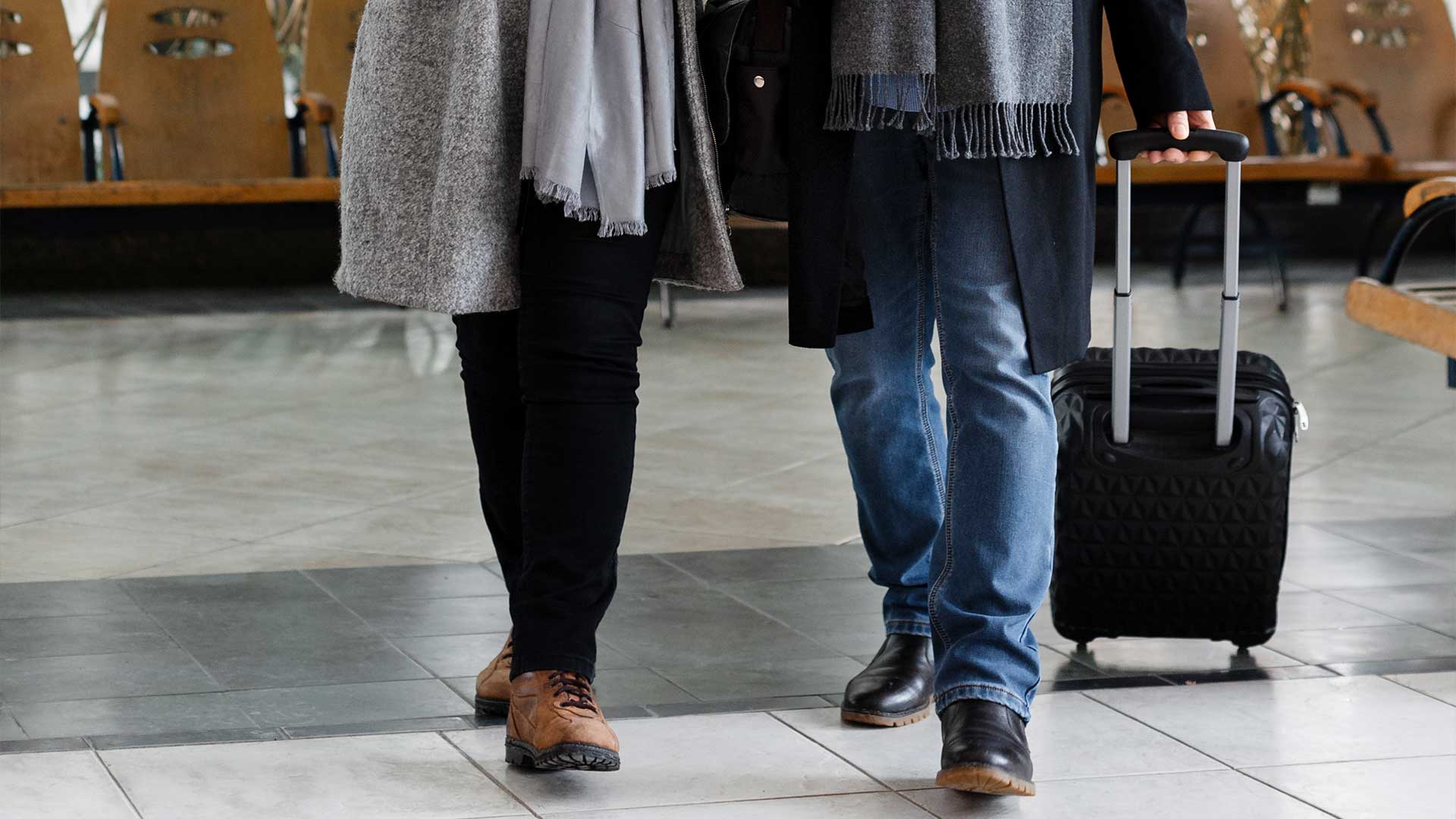Expat Pension Planning in the UAE: Taking Control of Your Retirement Future
As an expat living in the United Arab Emirates (UAE), you’re likely enjoying a tax-free salary and a high standard of living.
However, when it comes to planning for retirement, the landscape is vastly different from what you might be accustomed to in your home country.
In this article, we’ll explore why pension planning in the UAE is unique and why it’s crucial for expats to take proactive steps to secure their financial future.
The UAE Pension Landscape: A Wake-Up Call for Expats
If you’ve moved to the UAE from a the UK, Europe, or Australia, you might be in for a surprise when it comes to pension provisions. Here’s what you need to know:
- No Mandatory Employer Contributions: Unlike many Western countries, employers in the UAE are not legally required to provide pension schemes or make contributions on behalf of their expat employees.
- No State Pension for Expats: The UAE government provides pension benefits to Emirati citizens, but these do not extend to expatriates.
- End-of-Service Gratuity: While not a pension, UAE labour law requires employers to pay an end-of-service gratuity. However, this is typically insufficient for long-term retirement planning.
- Higher Salaries, Higher Responsibility: While you may earn more in the UAE due to the tax-free environment, the responsibility for saving and investing for your retirement falls entirely on your shoulders.
However, it’s important to note that there’s a significant exception to this landscape for certain employees in the Dubai International Financial Centre (DIFC), which we’ll explore in the next section.
The DIFC Employee Workplace Savings (DEWS) Plan: A Game-Changer for Some
While the general UAE pension landscape lacks mandatory employer contributions, the Dubai International Financial Centre (DIFC) has introduced a progressive solution: the DIFC Employee Workplace Savings (DEWS) Plan. This plan, which took effect on February 1, 2020, represents a significant shift in end-of-service benefits for DIFC employees.
What is DEWS?
DEWS is a funded and professionally managed defined contribution plan that replaces the traditional end-of-service gratuity system for DIFC employees. It aligns with global retirement savings standards and offers both mandatory employer contributions and voluntary employee savings options.
Key Features of DEWS:
- Mandatory Employer Contributions: DIFC employers are required to contribute:
- 5.83% of monthly basic wage for the first five years of employment
- 8.33% of monthly basic wage for each additional year
- Professional Management: Contributions are managed by reputable financial institutions, offering potential for investment returns.
- Voluntary Savings: Employees can make additional voluntary contributions to boost their savings.
- Investment Choices: The plan offers various investment options, including Sharia-compliant ones, catering to different risk appetites.
- Portability: DEWS benefits are portable, meaning employees retain and can transfer their savings even if they change employers within the DIFC.
Who is Eligible?
While DEWS covers most DIFC employees, some are ineligible, including:
- Employees on probation
- UAE and GCC nationals required to register with state pension authorities
- Employees under secondment
- Those already contributing to pension plans in other countries due to statutory requirements
Benefits of DEWS
For employers:
- Attracts top talent by offering a competitive benefits package
- Provides better cash flow management of end-of-service liabilities
- Offers a cost-effective, world-class solution
For employees:
- Provides visibility and certainty of end-of-service benefits
- Offers potential for investment returns on contributions
- Allows for additional voluntary savings
- Provides choice in investment strategy
The Importance of Self-Directed Pension Planning
Given this unique situation, it’s crucial for expats in the UAE to take control of their retirement planning.
Here’s why:
- No Safety Net: Without employer or state pension contributions, there’s no automatic safety net building up for your retirement.
- Time in the UAE Varies: Many expats don’t spend their entire careers in the UAE. You need a portable pension solution that can move with you.
- Compound Interest is Your Friend: The earlier you start saving, the more time your money has to grow through compound interest.
- Lifestyle Considerations: The high standard of living in the UAE can make it challenging to save, but it’s crucial to balance current lifestyle with future needs.
Strategies for Effective Pension Planning in the UAE
Now that we understand the unique challenges, let’s explore some strategies for effective pension planning as an expat in the UAE:
- Start Early and Be Consistent: The power of compound interest means that starting early, even with small amounts, can significantly impact your retirement savings.
- Set Clear Goals: Determine how much you’ll need for retirement and work backwards to set monthly or annual savings targets.
- Explore International Pension Plans: Many financial institutions offer portable international pension plans designed for expats.
- Consider Offshore Investment Accounts: These can offer tax efficiency and flexibility for expats who may move between countries.
- Diversify Your Investments: Don’t put all your eggs in one basket. Spread your investments across different asset classes and geographical regions.
- Regularly Review and Adjust: Your pension plan should be dynamic. Review it annually and adjust based on changes in your circumstances or financial goals.
- Seek Professional Advice: Given the complexities of international pension planning, it’s wise to consult with a financial advisor who specializes in expat finances.
Making the Most of Your UAE Experience
While the lack of a mandatory pension scheme in the UAE presents challenges, it also offers opportunities:
- Tax-Free Environment: Use the tax-free status of your income to maximize your savings potential.
- Higher Disposable Income: Allocate a portion of your potentially higher salary to long-term savings and investments.
- Financial Education: Use this opportunity to become more financially literate and take control of your financial future.
Common Pitfalls to Avoid
Be aware of these common mistakes expats make when it comes to pension planning in the UAE:
- Relying Solely on End-of-Service Gratuity: This is often insufficient for long-term needs and shouldn’t be considered a replacement for a proper pension.
- Procrastination: The transient nature of expat life can lead to a “I’ll do it later” mentality. Don’t fall into this trap.
- Inadequate Insurance: Ensure you have appropriate life and health insurance to protect your savings and your family’s future.
- Ignoring Currency Risk: If you’re saving in UAE dirhams but plan to retire elsewhere, consider the impact of currency fluctuations on your savings.
Conclusion: Your Retirement, Your Responsibility
Living and working in the UAE offers unique financial opportunities, but it also requires a shift in mindset when it comes to pension planning. For most expats, the responsibility for retirement savings rests squarely on their shoulders. However, for those working in the DIFC, the DEWS plan offers a more structured approach to end-of-service benefits and retirement savings.
Regardless of your specific situation, understanding the local context, starting early, and implementing a robust savings and investment strategy are key to ensuring that your time in the UAE contributes positively to a comfortable and secure retirement.
Remember, whether you’re covered by DEWS or managing your retirement savings independently, taking an active role in your financial planning is crucial. The best time to start planning for your retirement was yesterday. The second-best time is now. Take control of your financial future today, and let your UAE experience be a stepping stone to a prosperous retirement.

